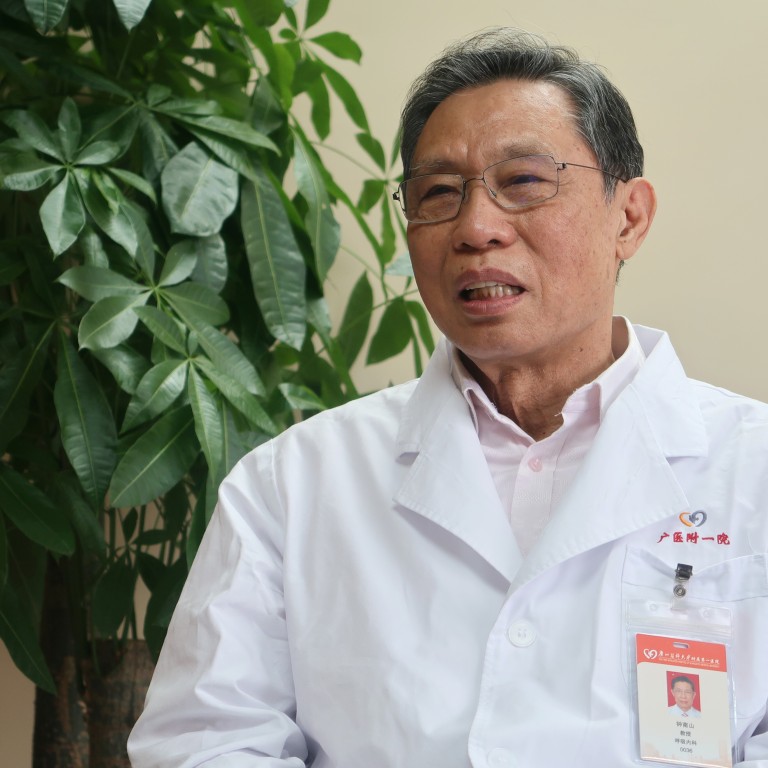
Reopen China’s borders when vaccination at home is high and cases overseas are low, says top doctor
- Zhong Nanshan says 80 to 85 per cent of China’s 1.4 billion people should be vaccinated before border restrictions are removed
- China reports one symptomatic local case in the city of Harbin and two asymptomatic local cases in Ili Kazakh autonomous prefecture in Xinjiang
“Why are we still employing strict measures to prevent and control the disease? Our vaccination rate has not reached over 80 per cent yet. Prevention is therefore still very important,” he said.
At least 1.1 billion people, or 78 per cent of China’s population, had received at least the first dose of a vaccine by September 19, according to the State Council’s Covid-19 task force.
Can I travel to mainland China? Everything you need to know
While the country has largely kept the coronavirus at bay, another precondition for China to scrap its border restrictions would be when infections were few, vaccination rates high and death rates low in the rest of the world, especially in major countries, according to Zhong.
“China cannot carry on like this [with strict control measures] because Covid-19 is a global disease that requires China and the rest of the world to work together and beat it,” he said.
The global death rate of Covid-19 was still at a “very high” 1 to 2 per cent – 10 times that of the flu – which should not be easily dismissed, Zhong said.
“When the death rate becomes very low, having Covid-19 could be part of the norm. That is, when people get sick, the vast majority of them can recover – not like now, where two in a hundred people could die,” he said.
Although the global mortality rate of Covid-19 has dropped mainly because more people have been vaccinated, the number of newly reported cases remains high.
Port cities such as Shanghai and Guangzhou, where such cases are often detected, are to set up specialised large-scale “health stations” to reduce the chance of cross-transmission within the quarantine facilities.
New quarantine rooms for Hong Kong domestic helpers sold out in minutes
Xiamen’s 136,000-square metre facility will have 6,001 rooms when it opens in March.
In the interview, Zhong also stressed that China’s coronavirus strategy centred on prevention rather than treatment because of unknown factors such as long protection from vaccines lasted and whether the death rate would continue to drop.
“When all these are uncertain, our guiding thought is to promote healthy living. That means we will not spend a lot of energy researching how to save the ill,” he said. “Once the virus has spread, medical services, facilities and human resources will all be overcapacity and society will collapse.”
He said neighbouring countries that had opened their borders entirely had to close them again because of widespread transmission.

